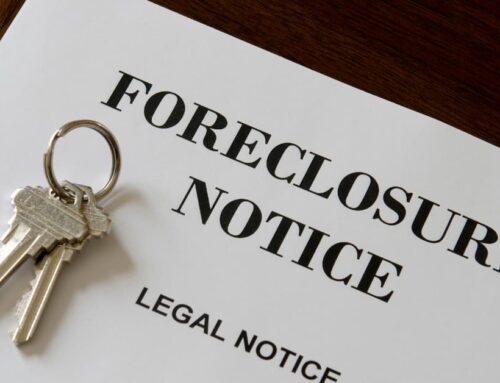A commercial lease is used when renting a space to use for commercial purposes. If you own a business and need a place for your business to operate, renting a space is usually the best option. This is especially true for new businesses that are just starting up. When you rent a commercial property you will need to sign a lease that outlines the terms for occupying the property.
The landlord may present you with a pre-drafted lease, but did you know that you have the right to negotiate the terms of a commercial lease? You do. Never sign a lease until you are sure the terms are fair and appropriate. How can you be sure the terms are fair and appropriate? Get help from a commercial real estate lawyer. Here are some strategies lawyers use to negotiate a commercial lease.
Choose an Appropriate Length of Time
The terms of your lease contract will include the amount of time you will rent the space. This length of time is negotiable, so choose a time frame that makes sense for your business plan. Start with a short term, such as one or two years, especially if this is a startup business. You don’t want to be tied up in a lease that lasts longer than your business, and you may want the option to relocate to a larger space if things go well. But it is a good idea to have the option to renew the lease if your business thrives.
Make Sure the Rent is Fair
Rent should be comparable to other similar properties being leased by similar businesses in the area. A little research can determine what other landlords are charging for rent and what other businesses are paying. Don’t agree to a higher rent than is reasonable simply because you are uninformed. Even rent is a negotiable term in a commercial lease.
Determine What Costs are Included in the Rent and What are Not
There are two basic types of leases in terms of what is included in the rent payment and what are additional costs. A gross lease includes all expenses in the total monthly rent payment. A net lease leaves some additional expenses to the tenant, such as utilities and maintenance. These costs should also be taken into consideration when calculating whether or not the rent is fair.
Negotiate Clauses that Can Work in Your Favor
A lease can include clauses that dictate specific terms regarding the occupancy of a commercial space. For example, if the space you are renting is part of a multi-unit shopping center, you can negotiate a clause that prevents the landlord from renting a nearby space to a business that would be in competition with yours. You may also be able to negotiate a co-tenancy clause that allows you to terminate your lease if another business in the same area were to vacate or relocate and cause you to lose business.
Secure a Fair Termination Clause
Carefully read over the terms and conditions for termination of your lease agreement. These terms can also be negotiated to allow you the opportunity to get out of your lease if something goes wrong. You may be able to negotiate paying a smaller amount to terminate the lease, such as one month’s rent as opposed to the entire remaining amount of the lease.
Kelly Legal Group Can Help You Negotiate Your Commercial Lease
Before you enter into a commercial lease, it is wise to have a real estate lawyer from Kelly Legal Group review the lease agreement. If there are any unfair or potentially problematic terms, your lawyer can help you negotiate a more favorable lease with less financial risk to you. Starting a business can be a stressful and risky undertaking, which is why you should work with an experienced lawyer to ensure your commercial lease agreement is not an additional risk or source of stress. Kelly Legal Group has the knowledge and skill to evaluate your lease and help you negotiate fair terms.
Call (512) 505-0053 or contact us to schedule a consultation. We look forward to helping you get your business off to a promising start.






